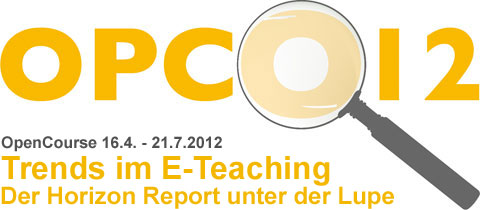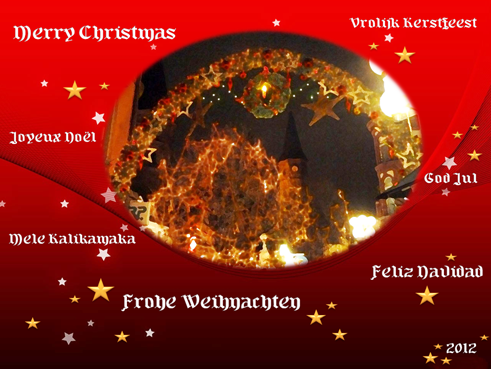Yeah: “Massive Open Online Courses. MOOCs. This was, without a doubt, the most important and talked-about trend in education technology this year.And oh man, did we talk about it. MOOCs MOOCs MOOCs MOOCs MOOCs MOOCs MOOCs MOOCs MOOCs MOOCs MOOCs MOOCs MOOCs MOOCs MOOCs MOOCs MOOCs MOOCs MOOCs MOOCs MOOCs MOOCs MOOCs MOOCs MOOCs MOOCs MOOCs MOOCs MOOCs MOOCs MOOCs MOOCs MOOCs MOOCs MOOCs MOOCs ad infinitum.”
Nach diesem Weckruf sammelt sich Audrey Watters aber schnell und packt das “Year of the MOOC” erst einmal in einen chronologischen Jahresrückblick. Es folgen Kapitel zur “Forgotten History of MOOCs” (die cMOOCs nämlich), zur “Technology of xMOOCs” (u.a. ihre Versuche des “peer assessments”), die “Pedagogy of MOOCs” (“… simply involves videotaping lectures and putting them online”), “Students” (”… Let me repeat, 98% of the people who signed up for this course did not get the certificate, or 60,059 people. NOW THAT IS MASSIVE”) und “Unbundling (and Rebundling) the University” oder “what is the future of higher ed?”. Und zwischendrin diese schöne Geschichte:
“It was students - two from India and one from Canada - who created what I think is the among most important MOOC innovations this year - 6.003z. As I wrote in August, “6.003z is the creation of Amol Bhave, a 17-year-old high school student from Jabalpur, India who was disappointed to learn that MITx had no plans to offer the follow-up class to 6.002x. Typically, the next class students take at MIT is 6.003, Signals and Systems. So Bhave took matters into his own hands, creating his own open online course with help from two other members of the 6.002 learning community - a class based on a blend of MIT OpenCourseWare and student-created materials.”
Ein toller Artikel. Yeah.
Audrey Watters, Hack Education, 3. Dezember 2012
![]()

![2013-01-04 22_16_35-PowerPoint-Bildschirmpräsentation - [opco12.pptx]](http://sylviamoessinger.files.wordpress.com/2013/01/2013-01-04-22_16_35-powerpoint-bildschirmprc3a4sentation-opco12-pptx.png?w=497)



 Als ich angefragt wurde, beim
Als ich angefragt wurde, beim